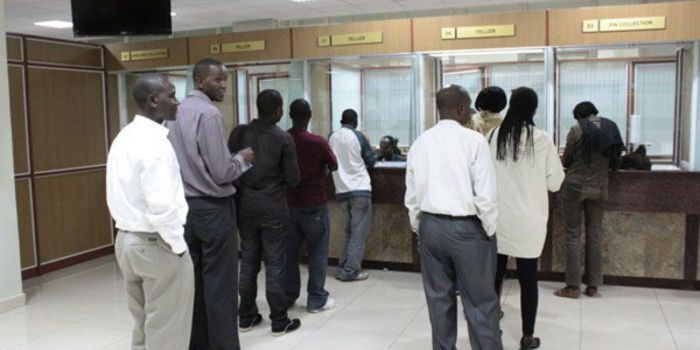Kenyans are poised to access cheaper loans for the next two months after the Central Bank of Kenya’s Monetary Policy Committee (MPC) lowered the base lending rate for the third successive time this year.
CBK in its report on Thursday, December 5, lowered the base lending rate by 75 basis points from 12 per cent to 11.25 per cent, pointing to lower interest rates by commercial banks.
Central Bank Governor Kamau Thugge attributed the decision to cut the base lending rates to stable inflation which currently stands at 2.8 per cent.
According to Thugge, fuel inflation remained low at -1.6 per cent in November compared to -1.7 per cent in October, mainly due to lower electricity and pump prices, while non-food inflation eased to 3.2 per cent in November from 3.3 per cent in October.
Central Bank of Kenya (CBK) Governor Kamau Thugge speaking during a conference In Nairobi on September 11, 2023.
Photo
CBK
“Overall inflation is expected to remain below the mid-point supported by lower food inflation owing to improved supply from the ongoing harvests, favourable weather conditions, and lower fuel prices,” the CBK governor stated.
The regulator further revealed that the Kenya shilling’s stability against major currencies including the United States Dollar also informed the committee’s decision to cut the lending rates.
The local currency has progressively stabilised for the last ten months, maintaining its incredible streak as the best-performing currency in 2024. As of Thursday, December 5, commercial banks quoted the shilling trading at Ksh129 against the green buck.
CBK also lowered the interest rates due to significant improvement in the foreign exchange reserves which currently stand at $8,966 million, representing 4.57 months of import cover.
According to the regulator, the high foreign exchange reserves have immensely provided adequate cover and a buffer against any short-term shocks in the foreign exchange market.
Further, the CBK governor noted that a recent survey conducted ahead of the MPC meeting revealed sustained optimism about business activity and economic growth prospects for the next 12 months.
Additionally, there was a significant drop in the non-performing plans between September and October. A decrease in non-performing loans was noted in the manufacturing, energy and water, financial services and agriculture sectors.
The banking sector remains stable and resilient, with strong liquidity and capital adequacy ratios. Banks have continued to make adequate provisions for the non-performing loans,” CBK noted in its report.
Central Bank Governor Kamau Thugge poses with his African Banker award on Tuesday, May 28, 2024.
Photo
CBK


